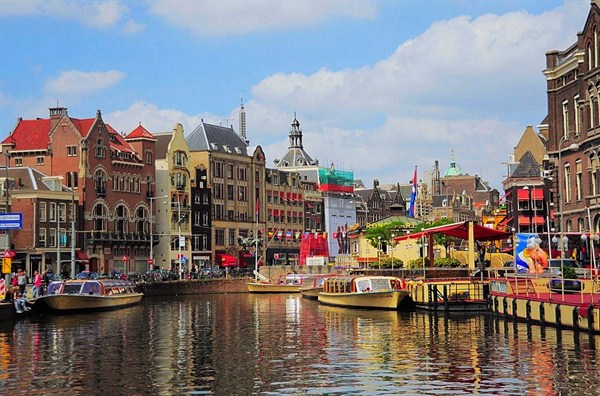AMSTERDAM—Like much of Europe, the Dutch have been keeping a close eye on developments in Greece. As negotiators continue to meet in efforts to hammer out a deal that would avert a Greek default, experts warn that the consequences of failing to reach an agreement would range from very painful to catastrophic. Here in the Netherlands, the subject occupies private conversations, occasional streets protests and countless headlines. And yet, the dilemma of how or whether to give another lifeline to Greece is only a prelude to a more far-reaching and divisive political battle looming ahead.
If Greece defaults and ultimately exits the euro, the priority will shift to preventing an economic chain reaction in the rest of the eurozone. But if a deal to bail out Athens is reached once again, which seems more likely, attention will turn instead to what Europe should do to prevent a repeat of the traumatic events of the past several years. The eurozone’s fiscal and monetary system, as it stands now, has proved to be dangerously unstable.
In simple terms, the question boils down to whether Europe should become more or less integrated.

